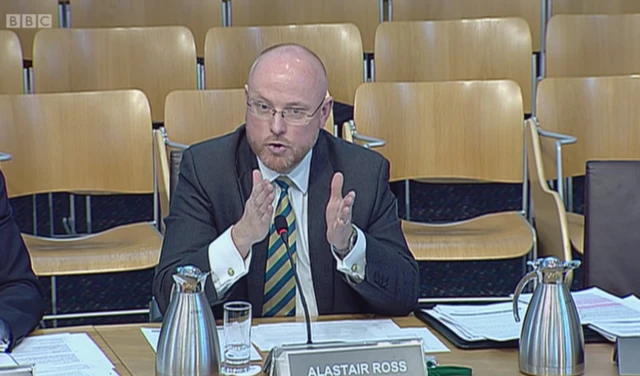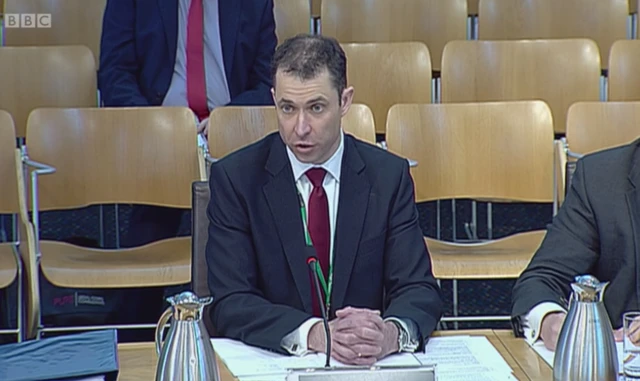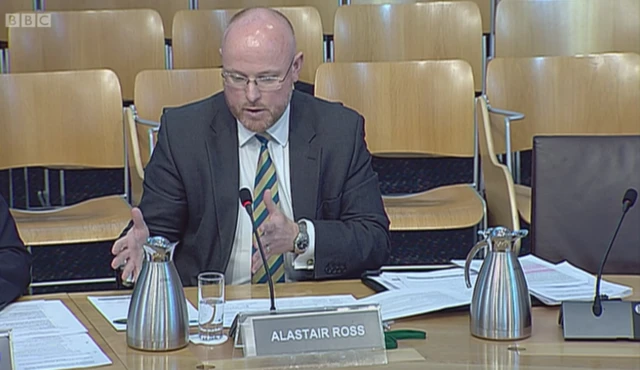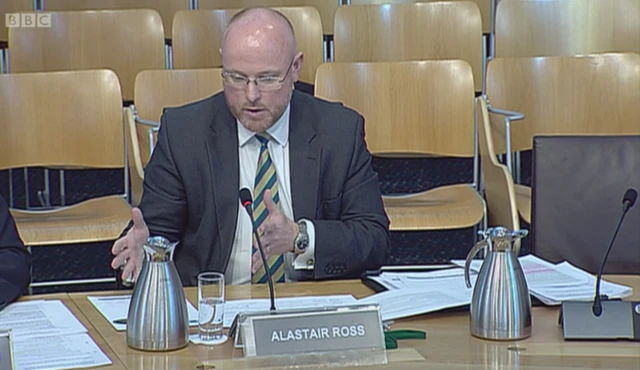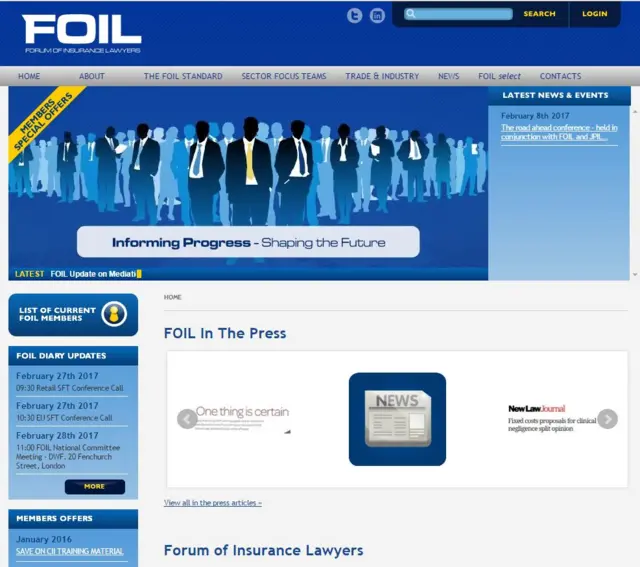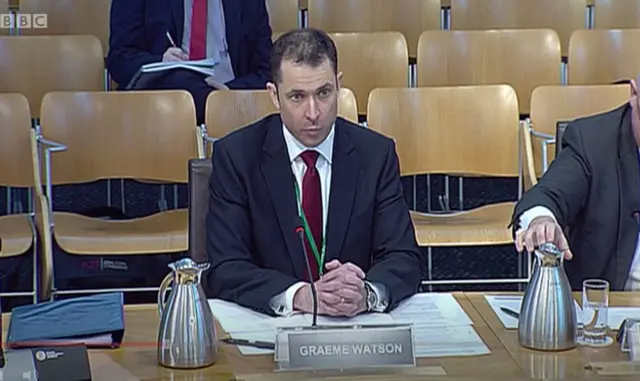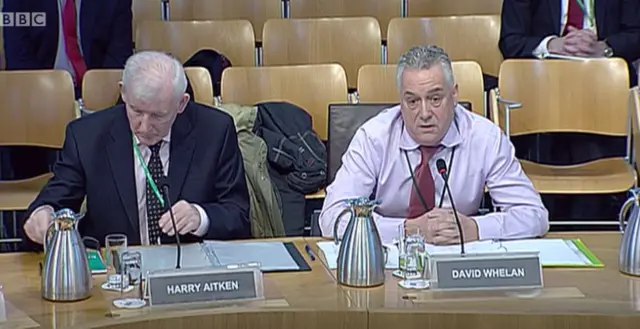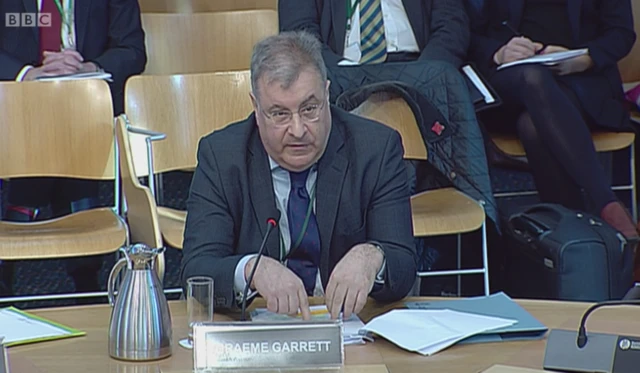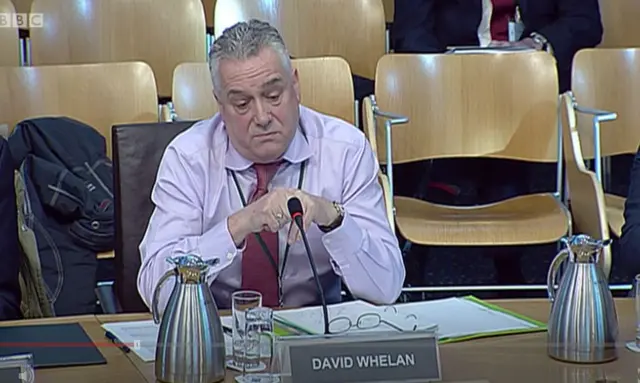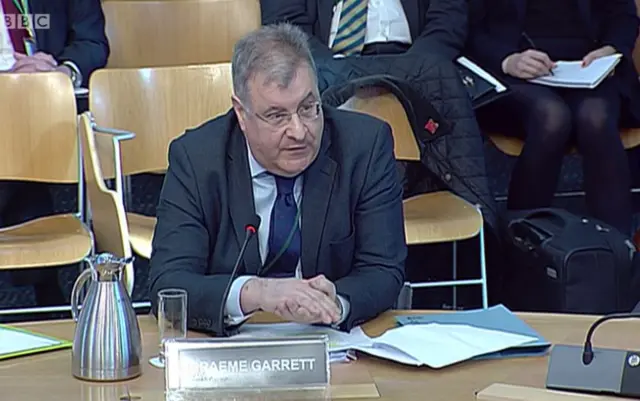There is no guidance for judges as such on discretionpublished at 12:03 GMT 21 February 2017
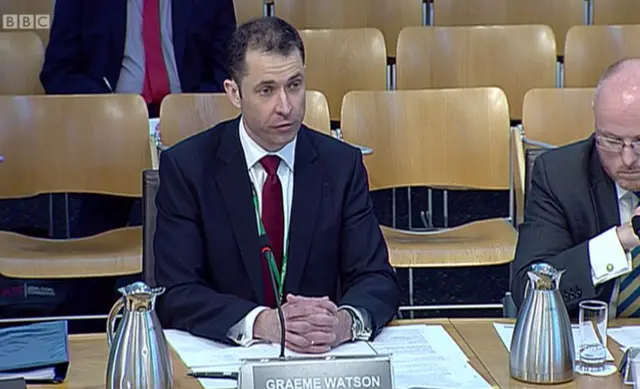 Image source, bbc
Image source, bbcGraeme Watson from FOIL
Labour MSP Mary Fee asks if new guidance should be issued to judges on discretion.
Graeme Watson from FOIL says: "There is no guidance as such."
Mr Watson says one way of proceeding would be an equitable discretion with a non-exhaustive list of factors the judge must take account of.
Mr Watson says it may well help the judiciary if there were a list of factors that could be taken into account for their discretion.
